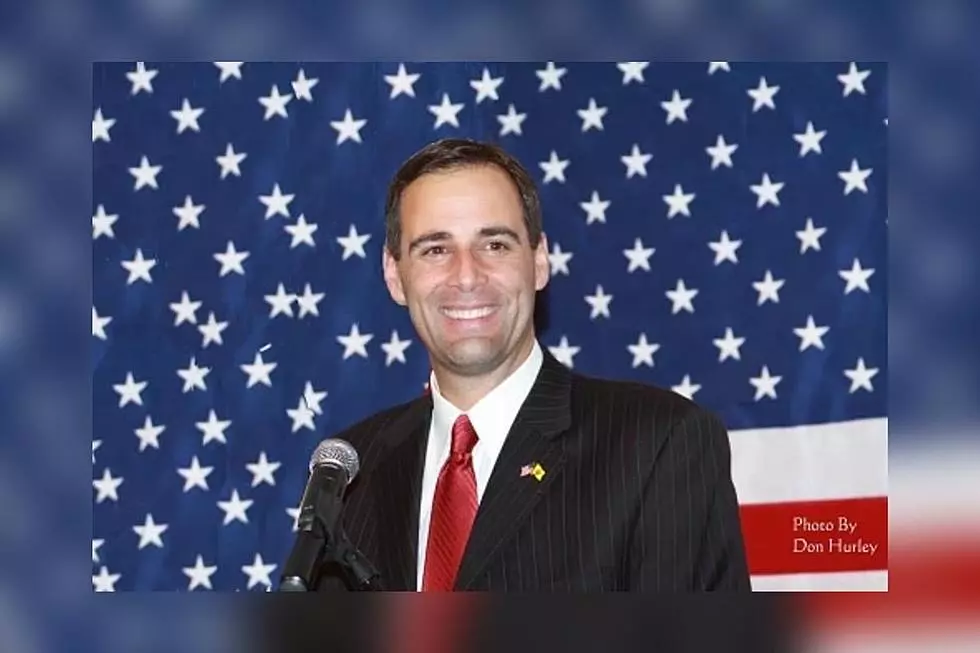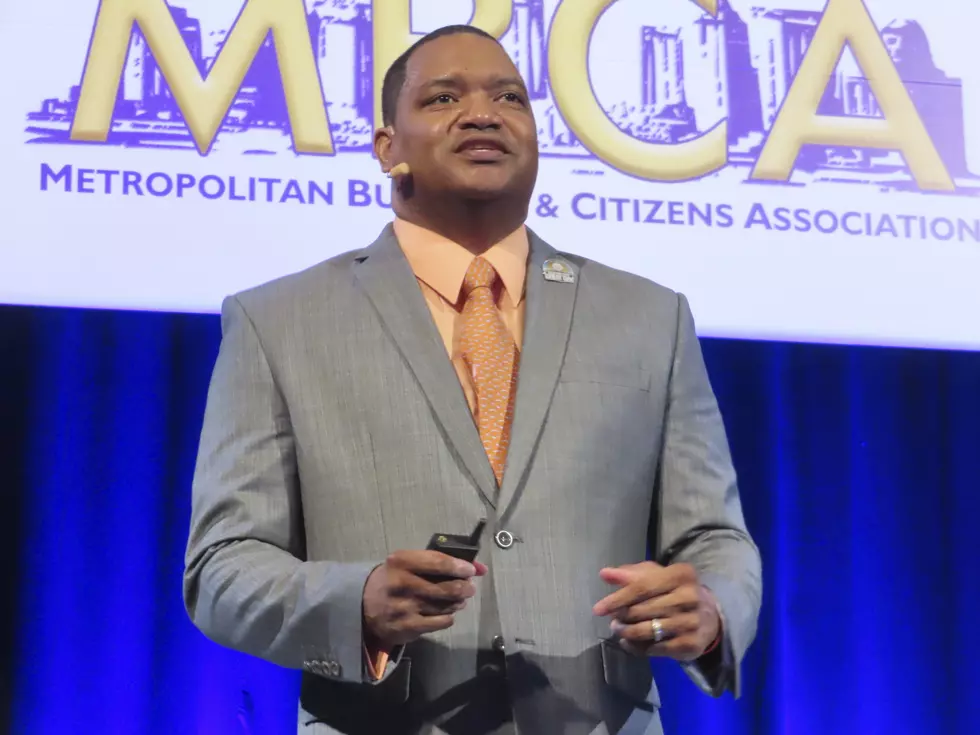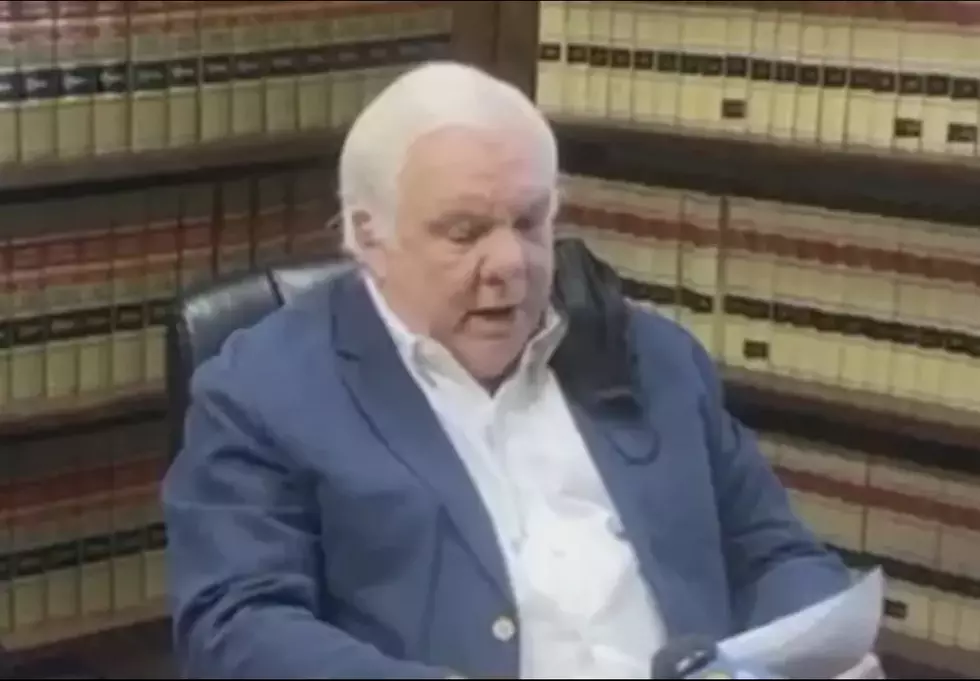
NJ Voters Will Decide This Year on North Jersey Casinos
Voters get to decide in November whether to allow two casinos to be built in North Jersey -- and at the start, that looks like roughly a 50/50 bet.
The Senate and Assembly voted Monday to put a constitutional amendment on this year’s ballot in which New Jerseyans will decide whether to OK the expansion of casinos beyond Atlantic City. Passage is far from guaranteed, as supporters and opponents of the idea acknowledged even before it passed.
“We will be taking this fight to the voters of the state – north, south, central, in dollars and in bodies,” said Assemblyman Vince Mazzeo, (D-Atlantic). “It will not be quiet. It will not be cheap. From now until Election Day, we will take our message to the people of this state to fight this plan.”
“We have a selling job to do to make this pass,” said Sen. Gerald Cardinale, (R-Bergen). “Most of the polling that I have seen says the people from my area are not a sure thing to approve this.”
The proposal was passed 34-6 in the Senate and 54-16 with three voting to abstain in the Assembly. In both houses the resolution easily surpassed the three-fifths supermajority – 24 in the Senate and 48 in the Assembly – needed to get the question on a November ballot in a single vote.
Forty years ago, voters approved gaming in Atlantic City. For many years, the seaside resort enjoyed an East Coast monopoly. But other nearby states now allow gaming, and the city has fallen on hard times, including high unemployment and foreclosures and the prospect the city itself could go bankrupt.
Some lawmakers contend New Jersey can recover lost tax revenues by expanding gambling – even though that could accelerate the decline of Atlantic City’s casino industry, which has already lost four of what was once 12 casinos. The idea being considered calls for taxing North Jersey casinos at as high as 60 percent, with some revenue then directed toward redevelopment projects in Atlantic City to transition the city to an economy less focused on gaming.
Atlantic City area officials and activists strongly oppose the expansion of casinos within New Jersey. Many are also fighting the Legislature on a takeover of city government by the state, which was approved 27-9 by the Senate in a separate vote on Monday.
Sen. James Whelan, (D-Atlantic), said New York City will add casinos within a few years of them being introduced in North Jersey, negating any gains.
“This is going to be bad for New Jersey. We are chasing the pot at the end of the rainbow. It’s not there,” Whelan said.
“This will mean the closure of one, two or possibly three more casinos in our area,” said Sen. Jeff Van Drew, D-Cape May.
Lawmakers from North Jersey said Atlantic City casino operators have already cannibalized their own operations by opening gaming halls in New York, Pennsylvania and elsewhere.
“This is not a north vs. south issue. This is about creating economic development in New Jersey,” said Sen. Paul Sarlo, (D-Bergen).
“If we do not expand gaming in this state to where the densest population is, bordered with another state or two, we are going to be out of the game completely,” said Assemblywoman Sheila Oliver, (D-Essex), a former Assembly speaker.
Assemblyman Chris Brown, (R-Atlantic), said Trenton is suspending economic reality.
“We come up with a theory that says Atlantic City’s having trouble because there’s an oversupply in the market. Because there’s too much convenient gaming. Because there’s competition in other states,” said Brown. “And the way we’re going to fix that problem of too much supply and over-competition? We’re going to build more casinos.”
The ballot question would lead to the establishment of casinos in two counties, in municipalities 72 miles or more from Atlantic City – a provision that excludes locations in Monmouth County such as the Monmouth Park racetrack.
Jersey City and the Meadowlands are seen as the most likely locations. A venture capitalist from Massachusetts, Paul Fireman, a former chief executive of Reebok, has talked about wanting to build a $4 billion tower on the Jersey City waterfront that would include a casino with views of Manhattan.
“We have to follow the money,” said Sen. Raymond Lesniak, (D-Union). “If Mr. Fireman wants to raise $3 billion to $4 billion to put up a world-class facility that’s going to attract people from throughout the world and have this jewel for the state of New Jersey, more power to him and more power to the jobs that will be created.”
Owners and operators of Atlantic City casinos would get first dibs. If none apply in the first two months the state is taking applications, it would be opened to other would-be casino owners.
Sen. Michael Doherty, (R-Warren), said it doesn’t make sense to give a preference to Atlantic City casino owners who squandered the monopoly they once enjoyed.
“I don’t know why we’re cutting out most of the rest of the world other than a few operators that are already in the state of New Jersey. Many people looking in from the outside would say that they haven’t done the greatest job because they lost a lot of market share. So why are we limiting this potential pool of applicants to just people who have not done the best that they possibly could in Atlantic City,” he said.
Each casino would have to cost at least $1 billion, a provision designed to encourage impactful projects rather than halls with slot machines only.
In the new casinos’ first year, all the money would support the same education programs and institutions currently funded by Atlantic City gaming. Starting in the second year, some of the money would go to the municipalities and counties that are home to the new casinos.
Also starting in the second year, a portion of the tax revenues would go toward Atlantic City development projects and state aid and property tax relief programs statewide. Additionally, 2 percent of the money would support the state’s horse-racing industry.
Results issued last week from the latest Rutgers-Eagleton Poll show 49 percent of New Jersey adults think casinos should be limited to Atlantic City, while 44 percent support expanding it to other places. A January poll by Fairleigh Dickinson University found 50 percent oppose expanded gaming.
Voters will also decide in November whether to dedicate all money collected from gas taxes to the state’s Transportation Trust Fund. That would add about $35 million a year to the TTF, plus whatever amount may result from any future increases in the gas tax.
Voters will likely also be asked whether to approve a constitutional amendment requiring the state to gradually work its way toward making full payments into the pension funds for public workers. Those payments would have to be made on a quarterly basis.
Democrats voted in January to put that question before voters, but it lacked the three-fifths supermajority needed to make the ballot in a single vote. Lawmakers have until early August to get the question on the ballot through a simple majority vote.
More From WPG Talk Radio 95.5 FM










